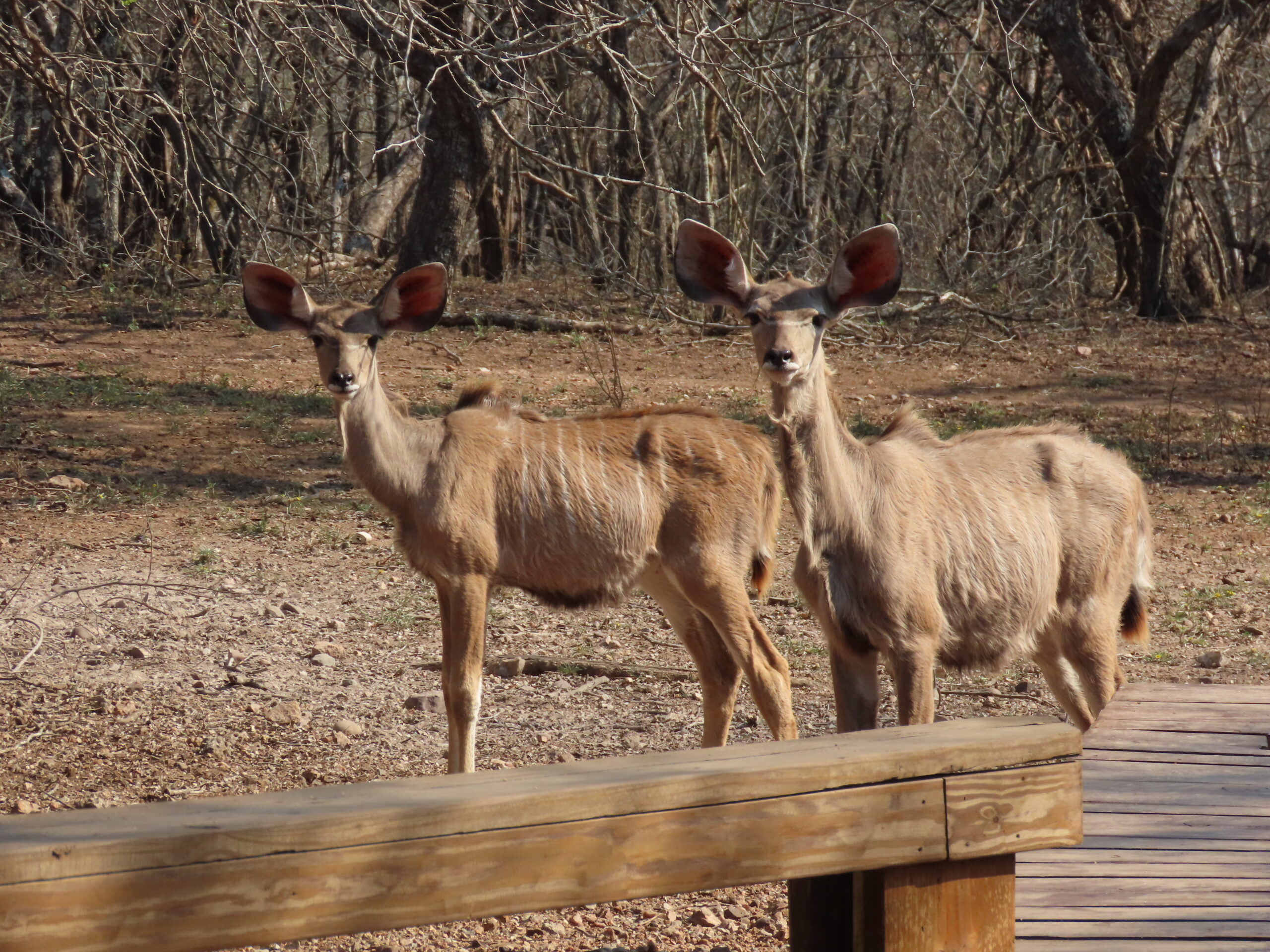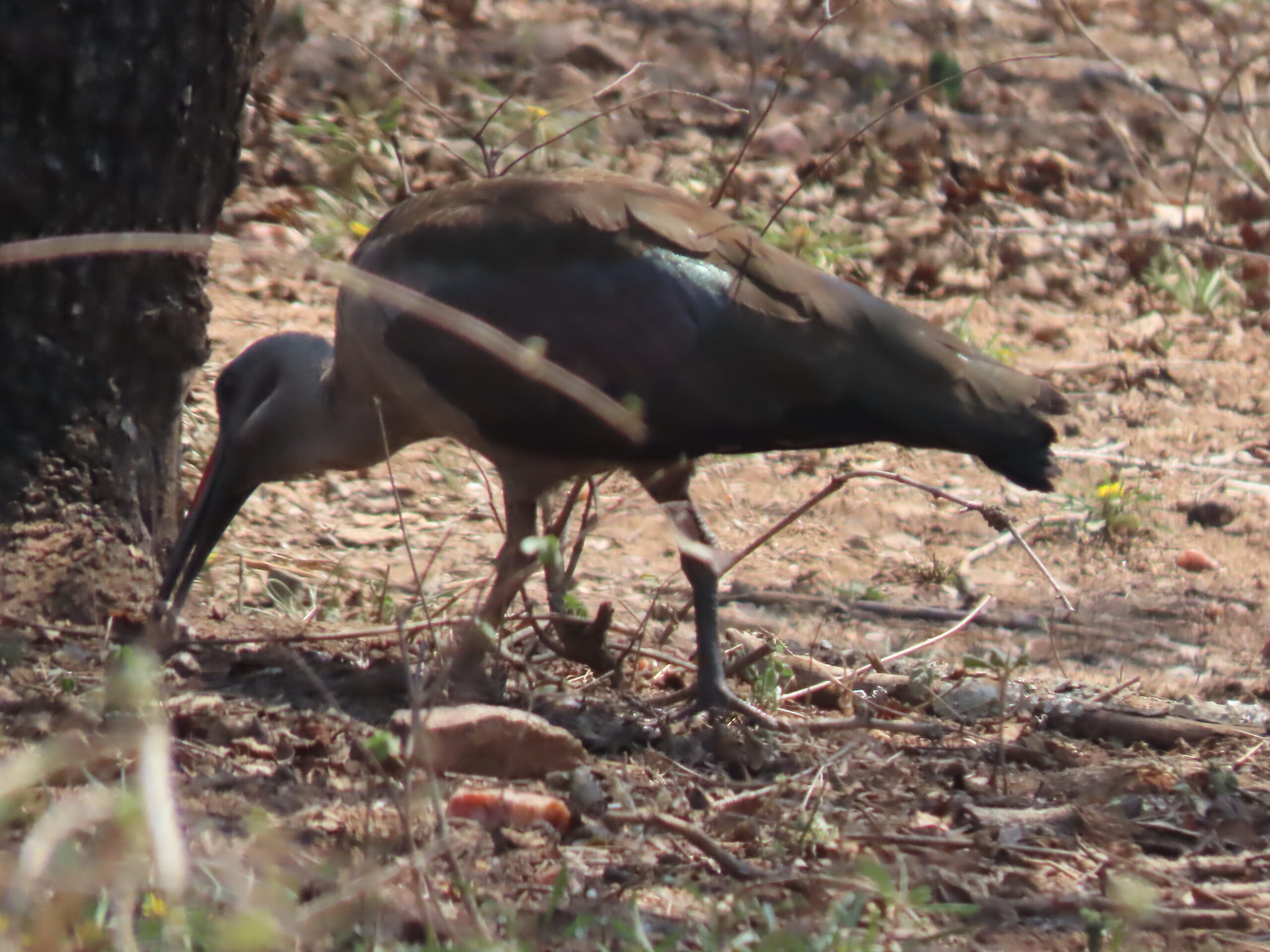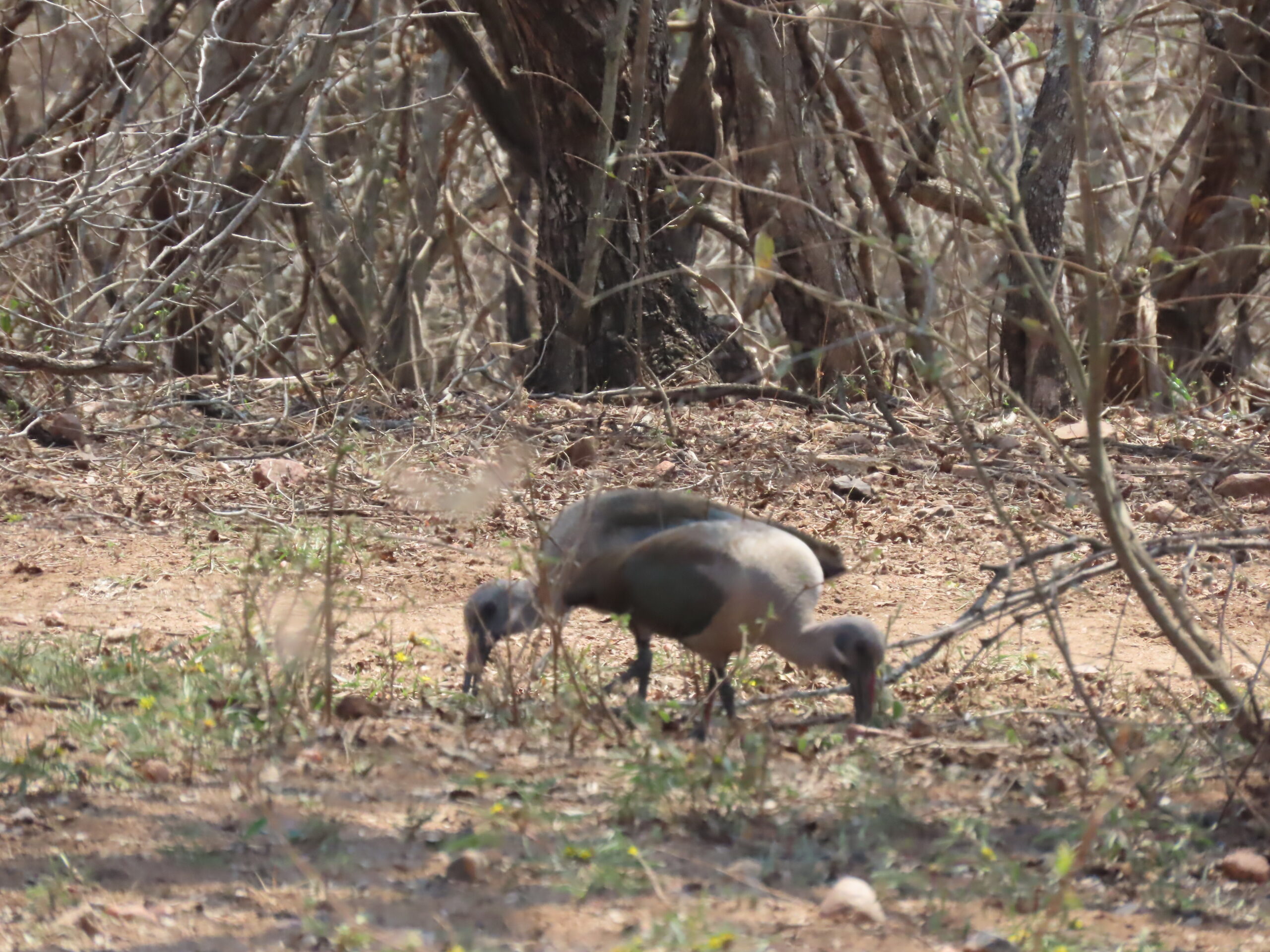
Our friends Connie, Jeff, and daughter Lindsey arrived in Joburg last night, sending us to text to alert us to their arrival. They spent the night at the airport hotel, where we stayed a few times. The City Lodge is conveniently located within the airport and provides a good place to stay to avoid driving to Marloth Park in the dark, which is highly dangerous due to the risk of a carjacking on the highway.

It’s a 4½ hour’s drive from Johannesburg to Marloth Park. Once they arrive at the Gate 2 entrance to Marloth Park, they will call us, and we’ll drive to meet them at the gate while they register for their entrance pass, which they’ll keep while they are here. There are no numbers on our house, which would be impossible to find when the numbers in bush houses in the park aren’t necessarily sequential.
We’ve been busy getting ready for their arrival. Everything is all set. We’ve loaded their fridge with foods they like and stocked the two cottages with repellent, insect spray, emergency lights, soap, battery-powered fans, and more. They have everything they need for comfort, including during load shedding.

Speaking of load shedding, here is the schedule for the next few days:
Sunday Load Shedding, Stage 5
1:00 – 3:30 am
7:00 – 9: am
3:00 – 5:30 pm
11:00 am – 1:30 am
Load shedding is most challenging during the night when it’s hot. Also, as shown below, a huge consideration with food in the refrigerator and freezer during the four-hour outage is expected on Monday morning. We’ll move the perishables to the chest freezer and also put a bowl of ice in the fridge.

Monday Load Shedding, Stage 5
7:00 – 11:30 am
3:00 – 5:30 pm
11:00 am – 1:30 am
Louise stopped by this morning to drop off two dozen eggs from a local farmer who breeds chickens that produce eggs with double yolks. Thanks, Louise! We haven’t seen an egg with a double yolk since we first arrived in Africa nine years ago. (Can you believe it?) Soon, when I get further in this post, I’ll make a few eggs to hold me until tonight’s big dinner.
Connie, a professional chef, is particularly interested in trying foods popular in South Africa, and we included several items on today’s menu

Speaking of tonight’s big dinner, here’s the menu:
Starters, sample tasting
- Traditional beef biltong
- Biltong seasoned bacon
Main
- Three flattie chickens, roasted on the braai; two home seasoned and one peri peri spiced
- Skilpadjies – is a traditional South African food, also known by other names such as muise and vlermuise. The dish is lamb’s liver wrapped in netvet, which is the fatty membrane that surrounds the kidneys. Quite delicious
- Boerewors – (pronounced BOO-ruh-VORS) is a fresh South African sausage that is perfect for the grill. The name means “farmer’s sausage” and comes from a combination of the Afrikaans words boer (‘farmer’) and wors (‘sausage’).Locally made and seasoned “game meat” bors – a standard type of South African sausages, cooked on the braai
- Steamed buttery white rice
- Roasted root vegetables
- Mixed lettuce salad with homemade dressing
Since they don’t eat desserts, it made no sense for me to make one, but at some point, we will introduce them to the very popular Malva Pudding and Milk Tart.

Surely in their two weeks here in the bush, they’ll have an opportunity to try many other dishes such as Pap and Sheeba, described as “Pap & Sheba with Grilled Sausage … This classic South African dish is also a popular braai side, served with rich tomato relish (known as sheba) and grilled.”
We look forward to sharing many of the wonders of South Africa with them, hoping they’ll leave here with the same passion for the bush we acquired over the years.
We will continue to post while they are here, albeit shorter posts on the days we go to Kruger National Park.
Be well.
Photo from one year ago today, September 17, 2021:


